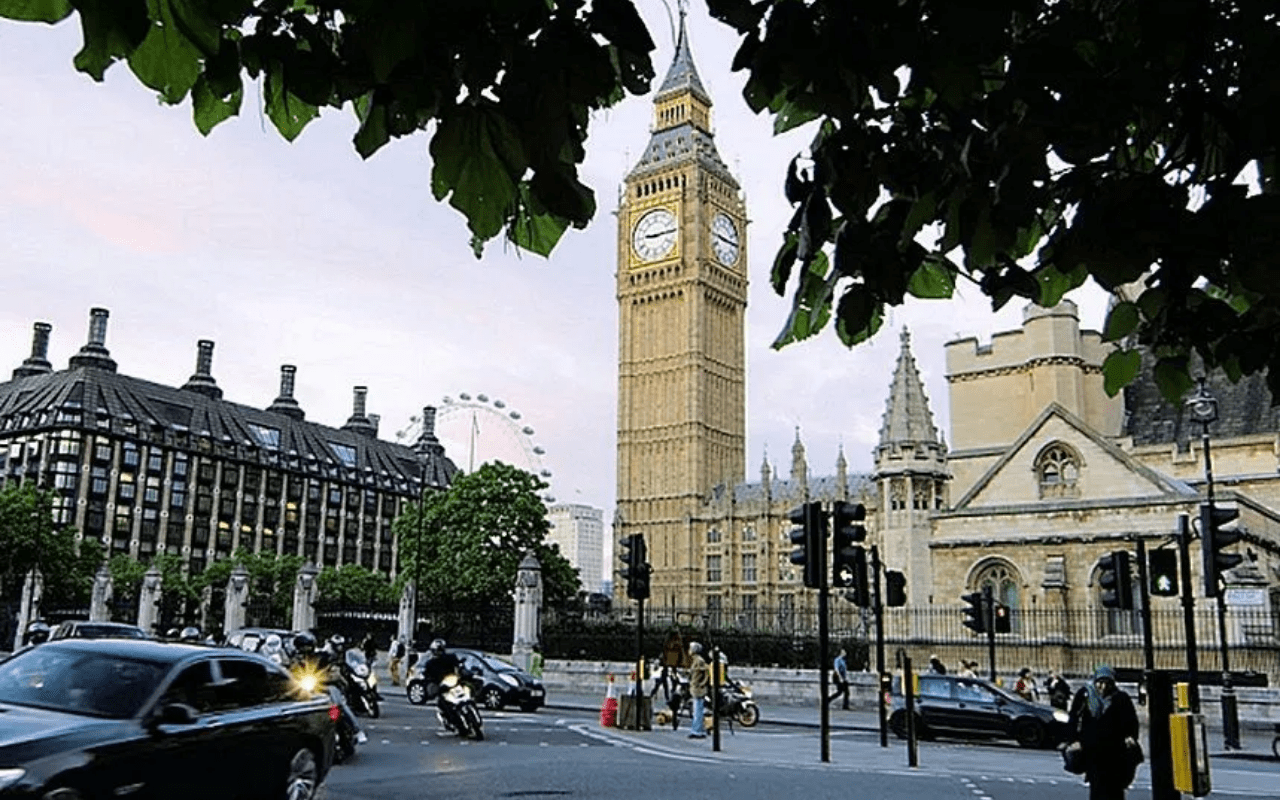The UK Government’s Office for Science has published a new report into increasing the contribution of science and technology for the sustainability of the UK’s health and care system, which among other things advises that the Prime Minister should consider “designating broadband as an essential utility.” But that isn’t a magic fix.
The new report notes that establishing a robust and coherent data strategy is essential to some of its goals, but it also recognises that this would need to be supported by other measures. One of the focus areas involves empowering people to take control of their own care and data, which “more broadly” suggests “designating broadband as an essential utility to facilitate systems improvements (this links to CST advice on education and levelling up).”
Most consumers today already consider broadband ISP connectivity to be an essential service, and so the idea of designating it as an “essential utility” (e.g. like water or electricity) is one that does tend to resonate. In theory, services that attain such a designation tend to be held to higher regulatory standards, such as requiring network operators to guarantee access (i.e. a statutory right or duty to install, inspect, maintain, repair or replace apparatus), provide support during outages and making it harder to disconnect users.
However, turning broadband into a utility service might be more thorns than roses, and it would not magically guarantee either universal availability or performance. For example, gas providers are also considered to be statutory undertakers, yet under 10% of homes are still not connected to the main gas grid. Likewise, it’s unlikely to make broadband any cheaper, particularly as the competitive market has already delivered fairly affordable products.
Traditional utilities often also flow from a single monopoly infrastructure supply (this may vary a bit between certain services and regions), with services delivered over the top. By comparison, broadband now flows from a diverse range of different / competitive networks and technologies, all with different levels of performance and complex structures (Summary of UK Full Fibre Builds).
Put another way, replicating the essential utility structure in the broadband market might risk harming that competition and thus undermining the huge flow of private investment that is currently being made, which plays a huge role in expanding the reach of gigabit-capable broadband and Fibre-to-the-Premises (FTTP) technology. Suffice to say, the Government have been actively trying to encourage such investment and competition, not hinder it, which does now seem to be paying off.
Nevertheless, there’s always some merit in exploring such ideas further, particularly as it might still have some merit in certain parts of the country (e.g. less competitive areas where attracting private investment is more difficult). But we do need to be careful about viewing such changes as a general fix for the market, when often the impact might risk creating too many new obstacles.

